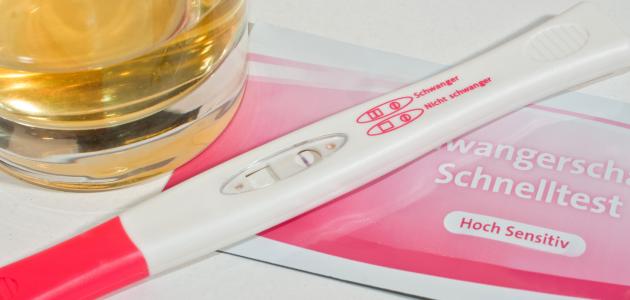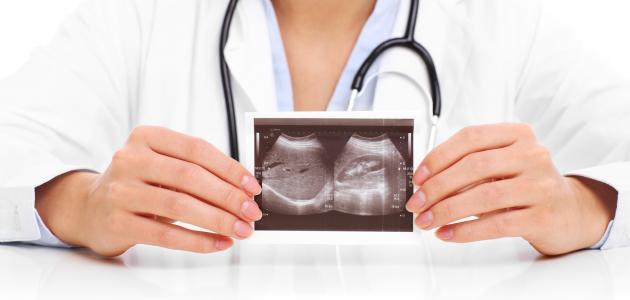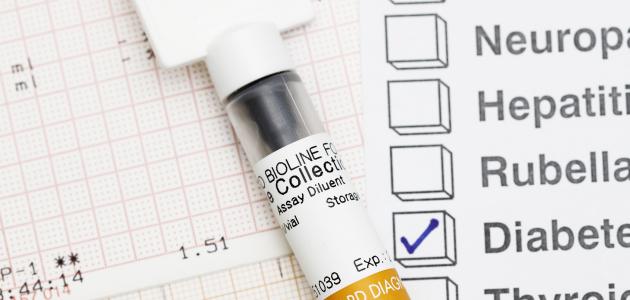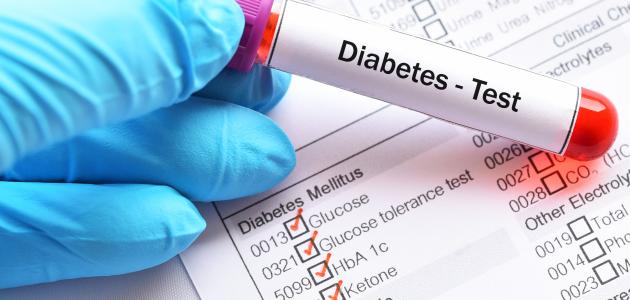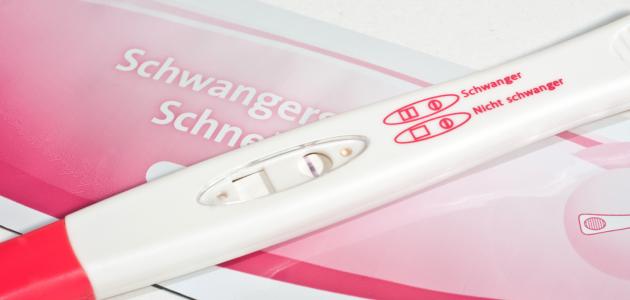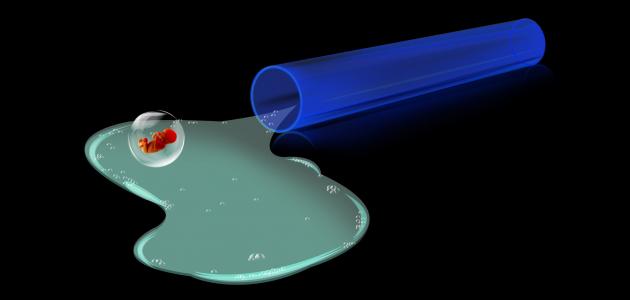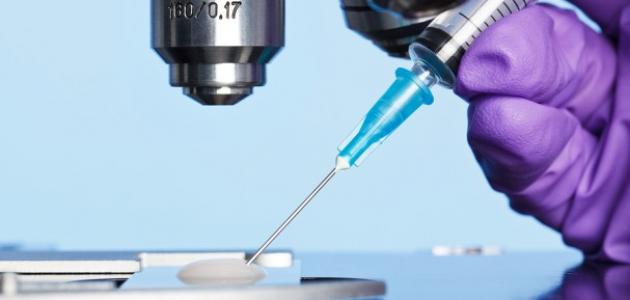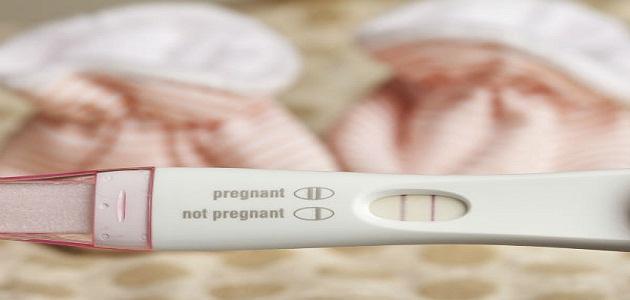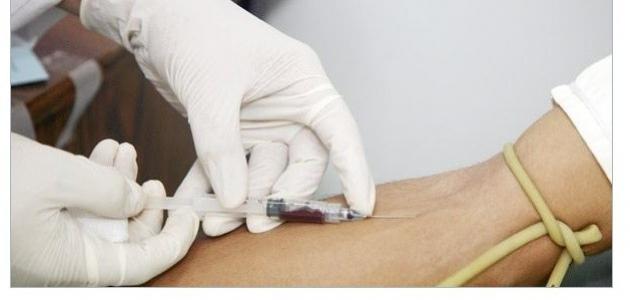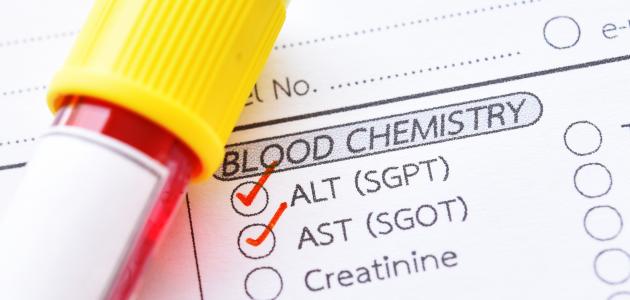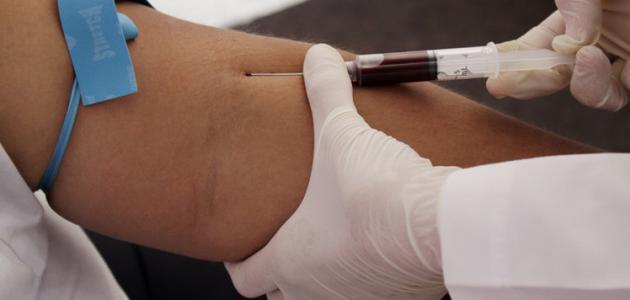Contents
Pregnancy
Pregnancy occurs as the fetus grows inside the mother's body, and she can find out whether there is pregnancy or not by performing some tests, including the urine test, as it gives a positive result in the event of pregnancy, to be confirmed later using a blood test or ultrasound Or, hearing the heartbeat of the fetus, and it should be noted that pregnancy is a nine-month journey divided into three stages, and the first stage of it is an important stage in the life of the fetus; This is where the differentiation of the main cells of the fetus takes place. [1]
Urine test during pregnancy
The term urine test is usually associated with the detection of pregnancy, but a range of urine tests can be performed during pregnancy as routine measures to care for the health of the mother and fetus before birth. [2]
How to take the test
It is expected that every time a pregnant woman visits the doctor to ask her for a urine sample to conduct some routine tests , and the urine sample is collected in a sterile plastic cup, so that the sample is taken from the middle of the urination process, then the sample is examined using chemical detection strips, or sent to the laboratory to obtain More in-depth examinations, and more detailed and accurate results. [2]
Urine test results
The doctor will order urine tests. Because of its role in evaluating urinary tract infections, diabetes , dehydration, and preeclampsia, where the urine examination reveals the presence of abnormal levels of sugar, ketones, bacteria, and proteins, and this can be detailed as follows: [2]
- Diabetes: The high levels of sugar in the urine cannot be considered a sign that a pregnant woman has diabetes. This could be a result of eating a large meal or drinking a very sweet drink, and constant levels of sugar must be detected, with the possibility of some of the usual symptoms of diabetes, such as thirst, weight loss, and an increased feeling of fatigue to confirm the presence of diabetes or not.
- Pre - eclampsia: it is linked to pre - eclampsia the presence of protein in the urine late in pregnancy, and turn the doctor to measure the sugar level, blood pressure to check it, and it should be noted that the swelling of the limbs and face is a symptom of pre - eclampsia that appear pregnant.
- Dehydration: Dehydration and malnutrition can be detected by examining the urine by observing an increase in the level of ketones in the urine.
- Urinary tract infections: The presence of bacteria in the urine sample indicates that there is a bacterial infection in the urinary tract .
Home urine tests
Used home pregnancy tests to detect pregnancy, and that checks for the presence of the hormone pregnancy, or the so - called Bmugeh reproductive glands of human chorionic in the urine, is often the secretion of pregnancy hormone in the blood of pregnant after the adhesion of the egg fertilized wall of the uterus; That is, six days after fertilization occurs, and hormone levels continue to rise. It doubles every two to three days, and home pregnancy tests are easy and comfortable in terms of use, so the woman has only to adhere to the instructions attached to the examination accurately, and wait for the results to appear, and the results can be confirmed by consulting the doctor, and conducting the tests that he requires, which are often Be more accurate. [3]
Other pregnancy tests
Performing other pregnancy tests is optional, but understanding all types of pregnancy tests is necessary so that the couple can make the right decision if they are asked to take it, and this can be discussed with health care providers, and to know the importance of these tests. Pregnancy: [4]
Checking weight and height in pregnancy
The doctor takes weight and height readings to calculate the body mass index , where excess weight is a dangerous harbinger, and a factor that increases the risk of problems during pregnancy, and it should be noted that this examination is repeated during the pregnancy journey, but not on a regular basis. [4]
Blood pressure tests in pregnancy
Every time a pregnant woman checks her blood pressure , the doctor measures blood pressure , because of its correlation with problems during pregnancy, especially the last period, and blood pressure readings can be low during the middle of pregnancy, and this is very common, as the pregnant woman may feel a little Dizziness and dizziness if you get up quickly, and in all cases, the doctor must be informed in the event of such symptoms. [4]
Screening for infectious blood diseases
The doctor recommends a blood test between the eighth and twelfth weeks of pregnancy to screen for three types of infectious diseases, which are HIV , Hepatitis B , and Syphilis . Syphilis: These tests are usually recommended to protect the health of the mother and her fetus by taking remedial measures and obtaining care early, thus reducing the risk of transmission to the fetus or a family member. [4]
Blood tests
Several blood tests are performed for a pregnant woman during pregnancy; To detect several things, including: blood type, the presence of the Rhizase factor, and levels of sugar and iron in the blood, and infections can also be detected. [5]
Ultrasound scan
Ultrasound imaging is performed repeatedly during pregnancy, as through this imaging it is possible to determine the expected date of birth, and the risk of the birth of a child with a chromosomal defect can be detected using detailed imaging, and on the other hand, ultrasound imaging is a detailed scan that shows the condition of the mother and the fetus . [5]
Pap test
Cervical screening is one of the tests performed during and outside pregnancy. With the aim of detecting the human papillomavirus , a type of virus that infects the cervix, and helps to change the shape of its cells, and in some rare cases it can develop into cervical cancer, and in general it is recommended to take a Pap test once Every five years by women between the ages of 25-74. [5]
Amniotic fluid examination
Amniocentesis is one of the procedures performed between 15-20 weeks of pregnancy. In order to detect the presence of chromosomal abnormalities , and to diagnose open neural tube defects, the examination is usually performed by taking a small sample of the amniotic fluid surrounding the fetus and analyzing it laboratory, and this test is often recommended in cases of a family history of a number of genetic disorders, or pregnancies over the age of The thirty-fifth, or if the blood test indicates the possibility of chromosomal problems, or neural tube defects . [6]
Genetic examination
The genetic testing procedure by taking a sample of chorionic villi between the eighth and ninth weeks, and a sample between the fourteenth and sixteenth weeks of pregnancy, and is performed by using screening techniques genetics standard cellular. [7]
References
- ↑ William C. Shiel Jr., MD, FACP, FACR ,, "Medical Definition of Pregnancy" , www.medicinenet.com , Retrieved May 11, 2019. Edited.
- ^ A b t "A Urinalysis the Getting: About Urine Tests" , Www.americanpregnancy.org , September 2, 2016, Retrieved 11 Join Date : May, 2019. Edited.
- ↑ Traci C. Johnson, MD, "Pregnancy Tests" , www.webmd.com , Retrieved May 11, 2019. Edited.
- ^ A b t w "Antenatal Checks And Tests" , Www.nhs.uk , Retrieved 11 Join Date : May, 2019. Edited.
- ^ A b v "Routine Antenatal Tests" , Www.pregnancybirthbaby.org.au , Join Date : May 2018, Retrieved 11 Join Date : May, 2019. Edited.
- ↑ "Common Tests During Pregnancy" , www.stanfordchildrens.org , Retrieved May 11, 2019. Edited.
- ↑ Sahin Aksoy, "Antenatal screening and its possible meaning from unborn baby's perspective" , www.ncbi.nlm.nih.gov , Retrieved 16-5-2019. Edited.
